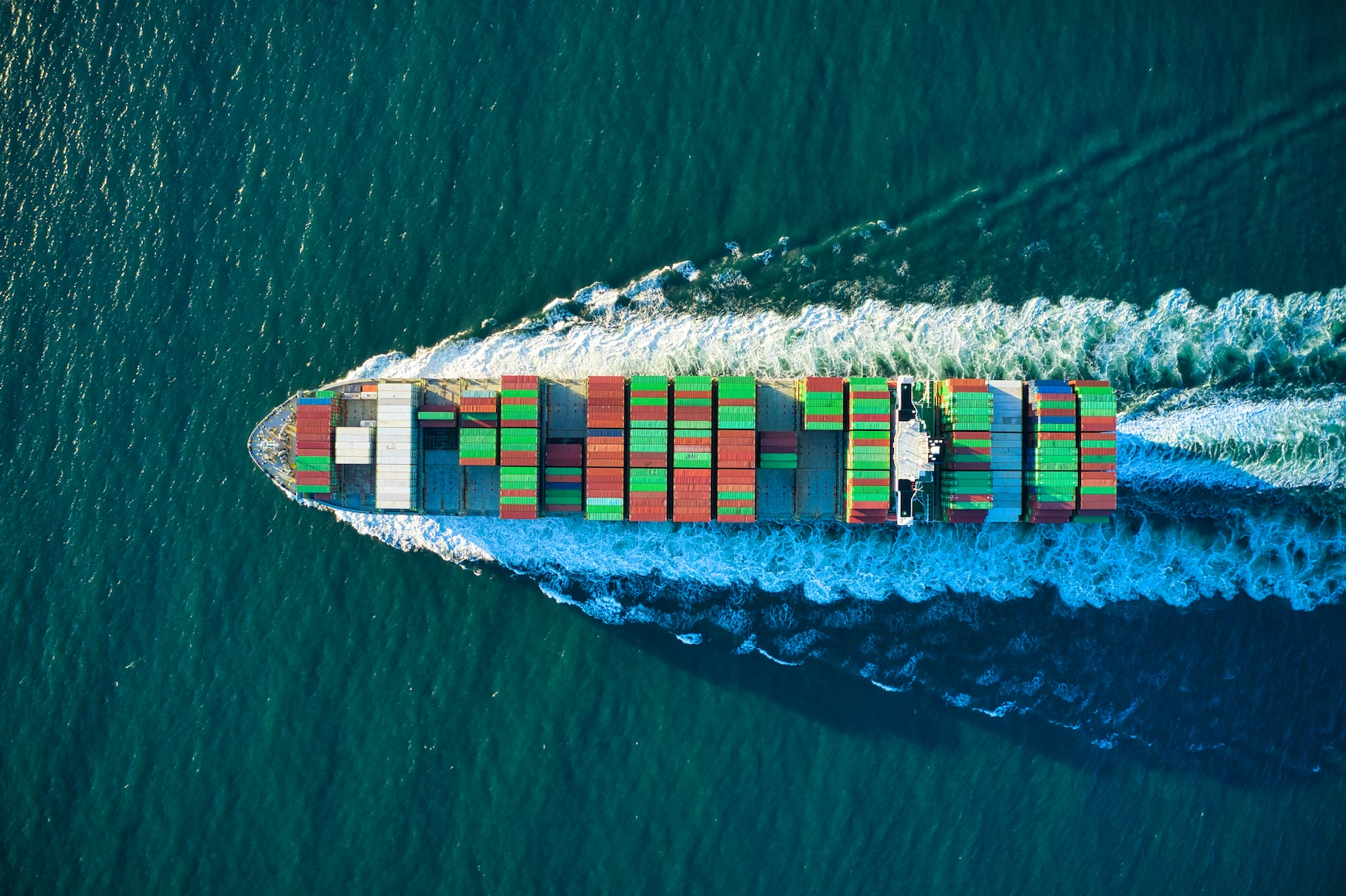Shipping Through Turbulent Waters
The maritime industry navigates a complex web of challenges not only in logistics but safety and security, with recent events casting a shadow over its already wavy waters. These are three key concerns currently plaguing the industry:
Ghost Fleet
A recent study revealed a startling truth: a vast armada of ships operates under the radar, undetected by traditional means. This "ghost fleet," comprising primarily fishing vessels and a significant portion of transport and energy ships, skews our understanding of ocean activity and raises concerns about illegal fishing, environmental damage, and even security threats. The threat are further escalated at the start of Ukraine-Russia war where majority of western countries imposing a direct ban on Russian oil, pushing efforts by the Russians to reroute its trade route by using partner country. With improved satellite technology and sophisticated algorithms, efforts are underway to illuminate these hidden voyages and ensure safer, more sustainable seas.
Redden Sea: Tensions Threaten Global Trade
The escalating conflict in Yemen has shocked the Red Sea, a critical artery for global trade. Houthi rebels, backed by Iran, have launched attacks on commercial vessels especially one related or en route to Israel, prompting detours and disrupting supply chains with major shipping company banning the route for the time being that cost them $1 million in additional fuel cost. This not only threatens energy supplies and fuel prices but also raises concerns about wider regional conflict. The international community's response has been hesitant, however, with U.S. allies wary of fuelling further escalation. Finding a solution to de-escalate the situation and secure the Red Sea is crucial for global economic stability.
Rising Costs and Shifting Sands
The confluence of these factors creates a perfect storm for consumers. Rerouting around Africa adds significant time and cost to shipping, driving up insurance premiums which seen Maersk’s cost for shipping rising around $700 for standard 20-foot container from China to North Europe. This ultimately leading to higher prices for goods, particularly in Europe. This additional burden comes at a time when many economies are already grappling with inflation and supply chain disruptions. Navigating this choppy economic landscape will require resilience, adaptability, and innovative solutions from both businesses and consumers.
The shipping industry plays a vital role in the global economy, and its struggles have far-reaching consequences. Addressing these current concerns, from the shadows of the ghost fleet to the flames in the Red Sea, requires concerted international efforts, technological advancements, and a focus on geopolitical reliefs. Only by charting a course through these turbulent waters can we ensure the smooth flow of trade and a brighter future for all.















